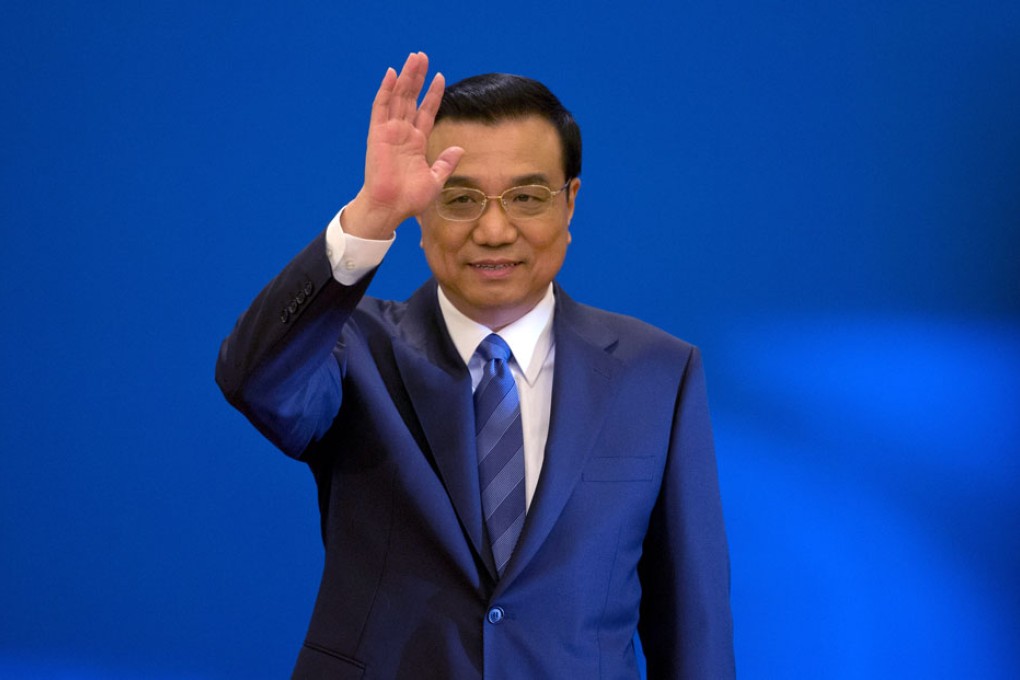Premier Li Keqiang delivers a healthy dose of realism
Rebalancing China's economy from being capital-intensive and export-driven to a more sustainable consumer-led model is tricky. Premier Li Keqiang acknowledged that yesterday at the close of the annual meeting of the National People's Congress.

Rebalancing China's economy from being capital-intensive and export-driven to a more sustainable consumer-led model is tricky. Premier Li Keqiang acknowledged that yesterday at the close of the annual meeting of the National People's Congress. Pragmatism is what the nation needs and Li's record after a year of economic management shows he is the right person for the job. It is cause to have faith in his agenda of reforms aimed at stability and improving livelihoods while maintaining an acceptable rate of growth.
Delivering that requires flexibility and skill given the challenges posed by a large and complex economy, a financial system weighed down by bad debts and the jobs of 200 million people dependent on sluggish demand from global consumers. Li's success in achieving growth of 7.7 per cent last year shows he can do it; with factors even more complicated this year, his target of around 7.5 per cent seems daunting. Delivering growth at that rate could make it harder to solve the economic and social distortions created by three decades of double-digit expansion - distortions that must be removed through reform to ensure stable jobs, increased rural and urban incomes and a better quality of life.
Unlike his predecessor Wen Jiabao, Li is being realistic. Practicality has replaced the flowery language and short-term stimulus packages of the past. Jobs are his priority, not numeric targets. Li has signalled willingness to tolerate slower growth to achieve the rebalancing that is increasingly urgent. He sees stable employment and improved economic efficiency helping to control inflation and resolve the risks from pollution. Quality of growth matters more than simple quantity.
There will be challenges to attaining goals like eliminating smog, tightening supervision of the banking and financial sectors, and providing millions of homes for the poor. Li has to resist the lobbying of interest groups and local authorities while ensuring the economy does not slow too much. It is a balancing act to be sure, but Li seems the right person for the task.
